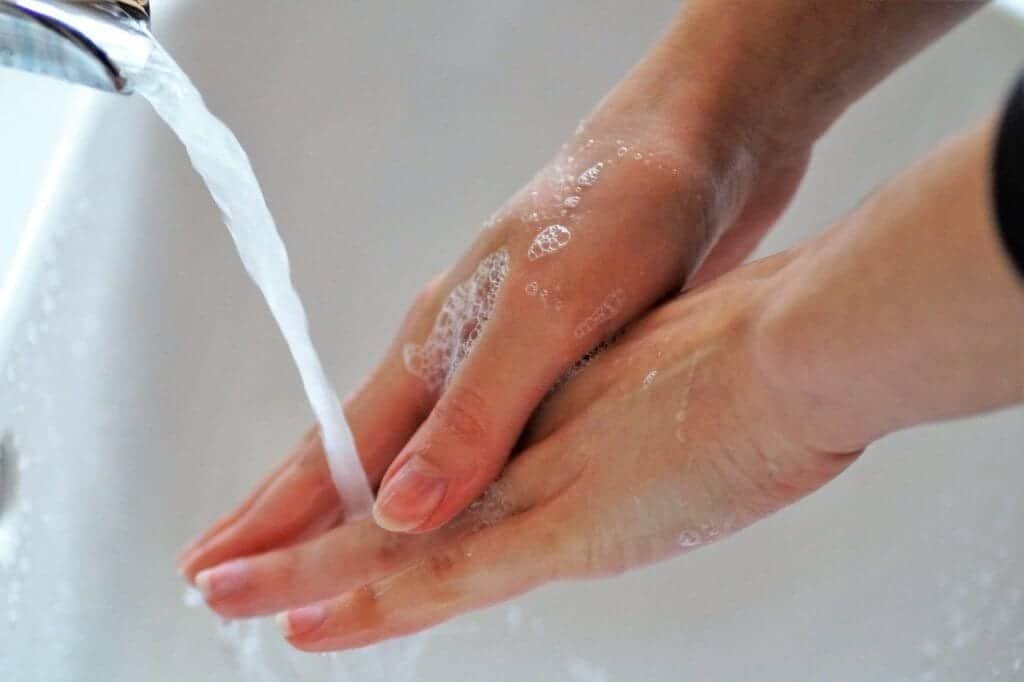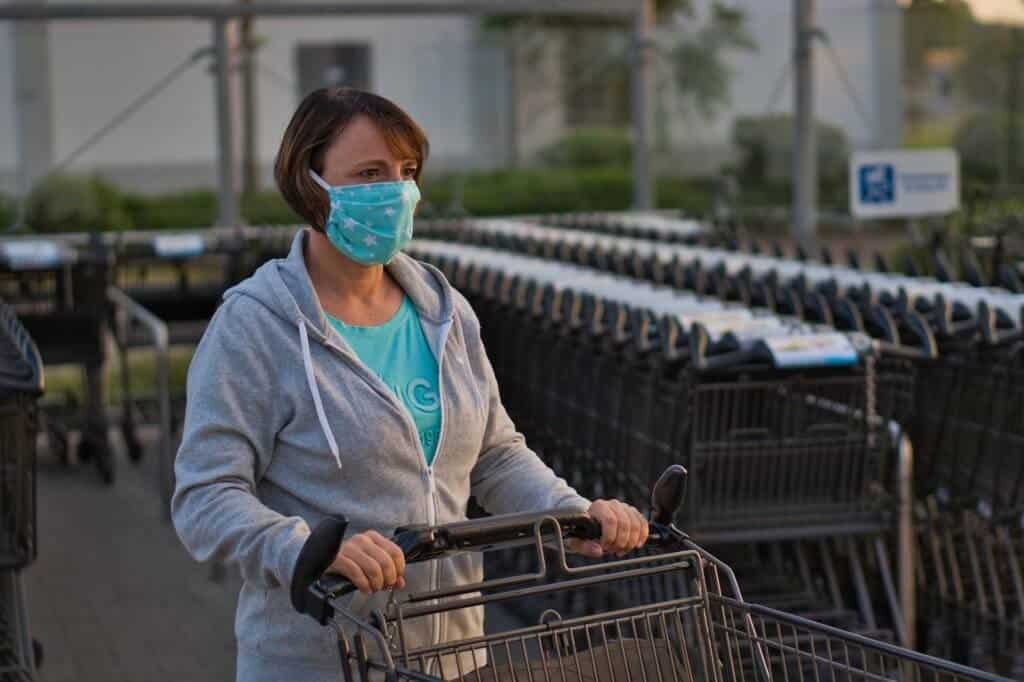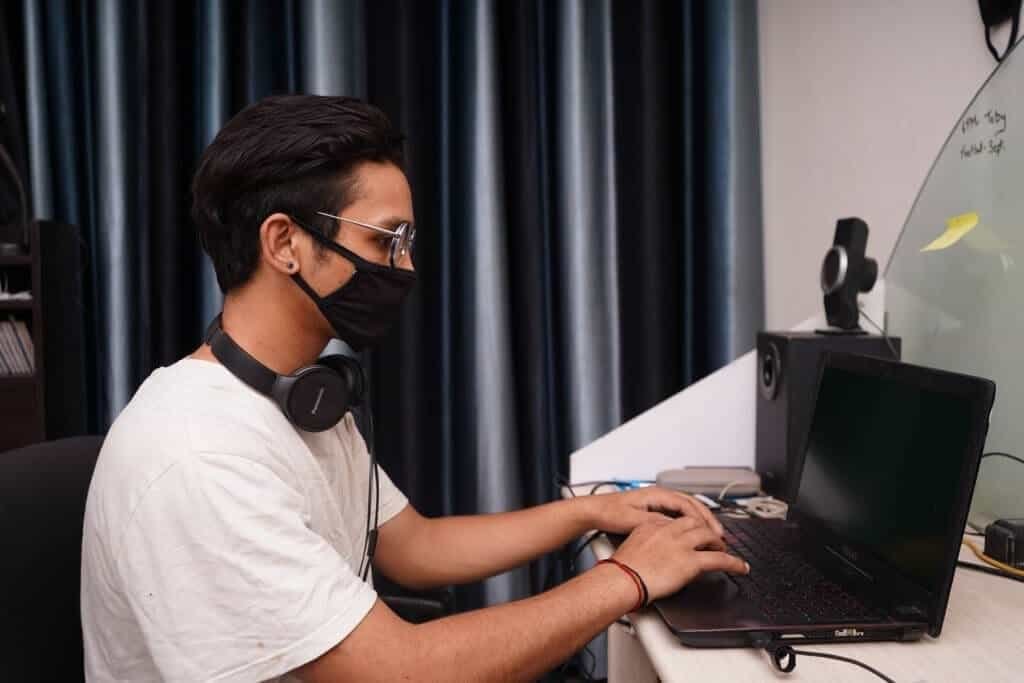Prime Minister Boris Johnson has announced the new national restrictions which will be put into place from Thursday 5th November to help reduce the spread of coronavirus and help manage the strain on the health and social care system.
With COVID-19 cases rising rapidly across the whole of the UK, the Prime Minister is advising people to stay at home, to protect the NHS and save lives.
Latest restrictions will start from Thursday 5th November until Wednesday 2nd December, with the Government taking the following action:
- For people to stay at home, except for specific purposes.
- Prevent gathering with people you do not live with, except for specific purposes.
- Closing of certain businesses and venues.
The new measures will apply nationally for four weeks, at the end of the period the Government will look to return to a regional approach based on the latest data. Measures will be underpinned by law which will make clear about what you must and must not do from 5 November. The relevant authorities, including the police, will have powers to enforce the law – including through fines and dispersing gatherings.

1. Stay at home
This means you must not leave or be outside of your home except for specific purposes. These include:
- for childcare or education, where this is not provided online
- for work purposes, where your place of work remains open and where you cannot work from home (including if your job involves working in other people’s homes)
- to exercise outdoors or visit an outdoor public place – with the people you live with, with your support bubble or, when on your own, with 1 person from another household.
- for any medical concerns, reasons, appointments and emergencies, or to avoid or escape risk of injury or harm – such as domestic abuse
- shopping for basic necessities, for example food and medicine, which should be as infrequent as possible
- to visit members of your support bubble or provide care for vulnerable people, or as a volunteer
This list is not exhaustive and there are other limited circumstances where you may be permitted to leave or be outside of your home. These will be set out in law and further detailed guidance will be provided.
2. Staying safe outside the home (Social Distancing)
You should minimise time spent outside your home and when around other people ensure that you are two metres apart from anyone not in your household or support bubble.
Remember – ‘Hands. Face. Space’:
- hands – wash your hands regularly and for 20 seconds
- face – wear a face covering in indoor settings where social distancing may be difficult, and where you will come into contact with people you do not normally meet
- space – stay 2 metres apart from people you do not live with where possible, or 1 metre with extra precautions in place (such as wearing face coverings or increasing ventilation indoors)
3. Meeting with family and friends
You must not meet socially indoors with family or friends unless they are part of your household – meaning the people you live with – or support bubble.
A support bubble is where a household with one adult joins with another household. Households in that support bubble can still visit each other, stay overnight, and visit outdoor public places together.
You can exercise or visit outdoor public places with the people you live with, your support bubble, or 1 person from another household.
Outdoor public places include:
- parks, beaches, countryside,
- public gardens (whether or not you pay to enter them), allotments
- playgrounds
You cannot meet in a private garden.
4. Businesses and venues
To reduce social contact, the Government has ordered certain businesses and venues to close. These include:
- all non-essential retail, including, but not limited to clothing and electronics stores, vehicle showrooms, travel agents, betting shops, auction houses, tailors, car washes, tobacco and vape shops.
- indoor and outdoor leisure facilities such as bowling alleys, leisure centres and gyms, sports facilities including swimming pools, golf courses and driving ranges, dance studios, stables and riding centres, soft play facilities, climbing walls and climbing centres, archery and shooting ranges, water and theme parks,
- entertainment venues such as theatres, concert halls, cinemas, museums and galleries, casinos, adult gaming centres and arcades, bingo halls, bowling alleys, concert halls, zoos and other animal attractions, botanical gardens;
- personal care facilities such as hair, beauty and nail salons, tattoo parlours, spas, massage parlours, body and skin piercing services, non-medical acupuncture, and tanning salons.
Food shops, supermarkets, garden centres and certain other retailers providing essential goods and services can remain open. Essential retail should follow COVID-secure guidelines to protect customers, visitors and workers.
Non-essential retail can remain open for delivery to customers and click-and-collect.
Playgrounds can remain open.
Hospitality venues like restaurants, bars and pubs must close, but can still provide takeaway and delivery services. However, takeaway of alcohol will not be allowed.
Hotels, hostels and other accommodation should only open for those who have to travel for work purposes and for a limited number of other exemptions which will be set out in law.
A full list of the business closures will be published and set out in law.
Some venues will be allowed to remain open for specific exempt activities, like childcare and support groups. Support groups that are essential to deliver in person can continue with up to 15 participants where formally organised to provide mutual aid, therapy or any other form of support. This includes support to victims of crime, people in drug and alcohol recovery, new parents and guardians, people with long-term illnesses, people facing issues relating to their sexuality or gender, and those who have suffered bereavement.
A number of public services will also stay open and you will be able to leave home to visit them. These include:
- the NHS and medical services like GPs. We are supporting the NHS to safely carry out urgent and non-urgent services and it is vital anyone who thinks they need any kind of medical care comes forward and seeks help.
- Jobcentre Plus sites
- Courts
- Civil Registrations Offices

5. Weddings, civil partnerships, religious services and funerals
Funerals can be attended by a maximum of 30 people, and it is advised that only close friends and family attend. Linked ceremonial events such as stone settings and ash scatterings can also continue with up to 15 people in attendance. Anyone working is not included. Social distancing should be maintained between people who do not live together or share a support bubble.
Weddings, civil partnership ceremonies will not be permitted to take place except in exceptional circumstances.
Places of Worship will be closed, unless they are being used for:
- Funerals
- To broadcast acts of worship
- Individual prayer
- Formal childcare or where part of a school
- Essential voluntary and public services, such as blood donation or food banks
- Other exempted activities such as some support groups
6. Going to work
To help contain the virus, everyone who can work effectively from home must do so. Where people cannot do so (for instance people who work in critical national infrastructure, construction or manufacturing) they should continue to travel to work/attend their workplace. This is essential to keeping the country operating and supporting vital sectors and employers.
Public sector employees working in essential services, including education settings, should continue to go into work . The risk of transmission can be substantially reduced if COVID-secure guidelines are followed closely. Extra consideration should be given to those people at higher risk.
7. Going to school, college and university
The Government will continue to prioritise the wellbeing and long-term futures of our young people and will not be closing schools, colleges or universities. It remains very important for children and young people to attend, to support their wellbeing and education and help working parents and guardians. Senior clinicians still advise that school is the best place for children to be, and so they should continue to go to school. Schools have implemented a range of protective measures to make them safe.
The Prime Minister and Education Secretary have been clear that exams will go ahead next summer, as they are the fairest and most accurate way to measure a pupil’s attainment. We therefore need to keep schools and colleges open so that children are able to keep progressing towards exams and the next stage of education or employment. Students now have more time to prepare for their exams next year, as most AS, A levels and GCSEs will be held 3 weeks later to help address the disruption caused by the pandemic.
Universities have welcomed students back and we have published guidance advising universities on reopening to ensure they have safety measures in place to minimise the spread of the virus. Universities and adult education settings should consider moving to increased levels of online learning where possible.
There are further restrictions in place:
- If you live at university, you must not move back and forward between your permanent home and student home during term time. You should only return home at the end of term for Christmas. We will publish further guidance on the end of term.

8. Childcare and children’s activities
Parents will still be able to access some registered childcare and other childcare activities (including wraparound care) where reasonably necessary to enable parents to work, or for the purposes of respite care.
Early years settings can remain open. Parents are able to form a childcare bubble with another household for the purposes of informal childcare, where the child is 13 or under. As above, some households will also be able to benefit from being in a support bubble, which allows single adult households to join another household.
Some youth services may be able to continue, such as 1-1 youth work and support groups, but most youth clubs and groups will need to cease for this period.
9. Protecting people more at risk from coronavirus
If you have any of the following health conditions, you may be clinically vulnerable, meaning you could be at higher risk of severe illness from coronavirus. If you are clinically vulnerable you:
- Should be especially careful to follow the rules and minimise your contacts with others
- should continue to wash your hands carefully and more frequently than usual and maintain thorough cleaning of frequently touched areas in your home and/or workspace
Clinically vulnerable people are those who are:
- aged 60 or over (regardless of medical conditions)
- under 60 with an underlying health condition listed below (that is, anyone instructed to get a flu jab each year on medical grounds):
- chronic (long-term) mild to moderate respiratory diseases, such as asthma, chronic obstructive pulmonary disease (COPD), emphysema or bronchitis
- chronic heart disease, such as heart failure
- chronic kidney disease
- chronic liver disease, such as hepatitis
- chronic neurological conditions, such as Parkinson’s disease, motor neurone disease, multiple sclerosis (MS) or cerebral palsy
- diabetes
- a weakened immune system as the result of certain conditions or medicines they are taking (such as steroid tablets)
- being seriously overweight (a body mass index (BMI) of 40 or above)
- pregnant
There is a further group of people who are defined, also on medical grounds, as clinically extremely vulnerable to coronavirus – that is, people with specific serious health conditions. Over this period, we are advising the CEV to work from home. If you cannot work from home, you are advised not to go to work and may be eligible for Statutory Sick Pay (SSP) or Employment Support Allowance (ESA). You are encouraged to stay at home as much as possible, but are encouraged to go outside for exercise. The full new guidance will be published on Monday 2 November and the Government will write to everybody who is clinically extremely vulnerable to set out detailed advice while the new restrictions are in place. Current advice is in place at each local COVID alert level.
10. Visiting relatives in care homes
Guidance on care home visits will be published ahead of Thursday. For now, you should follow existing guidance
11. Travel
You should avoid all non-essential travel by private or public transport.
Essential travel includes, but is not limited to
- essential shopping
- travelling to work where your workplace is open or you cannot work from home
- travelling to education and for caring responsibilities
- hospital GP and other medical appointments or visits where you have had an accident or are concerned about your health.
If you need to travel we encourage you to reduce the number of journeys you make, walk or cycle where possible, or to plan ahead and avoid busy times and routes on public transport. This will allow you to practise social distancing while you travel.
Overnight stays and holidays away from primary residences will not be allowed- including holidays in the UK and abroad. This includes staying in a second home, if you own one, or staying with anyone you do not live with or are in a support bubble with. There are specific exceptions, for example if you need to stay away from home (including in a second home) for work purposes.
You must not travel if you are experiencing any coronavirus symptoms, are self-isolating as a result of coronavirus symptoms, are sharing a household or support bubble with somebody with symptoms, or have been told to self-isolate after being contacted by NHS Test and Trace.
If you need to use public transport, you should follow the safer travel guidance. This includes the rules on wearing face masks and advice on car sharing.
Developments in the coronavirus pandemic remain uncertain around the world. No travel is risk-free. If you do need to travel abroad before 2 December (and are legally permitted to do so, for example, because it is for work), even if you are returning to a place you’ve visited before, you should look at the rules in place at your destination, the Foreign, Commonwealth and Development Office (FCDO) travel advice and the current travel corridor list.
12. Financial support
Workers in any part of the UK can retain their job, even if their employer cannot afford to pay them, and be paid at least 80% of their salary up to £2500 a month.
The flexibility of the current CJRS will be retained to allow employees to continue to work where they can.
Employers small or large, charitable or non-profit are eligible and because more businesses will need to close, they will now be asked to pay just National Insurance and Pensions contributions for their staff during the month of November – making this more generous than support currently on offer.
The Job Support Scheme will not be introduced until after Coronavirus Job Retention Scheme ends Wherever you live, you may be able to get financial help through the:
- Coronavirus Job Retention Scheme
- Job Support Scheme (from 1st November)
- New Style Employment and Support Allowance
Please download the NHS App to keep updated on the latest guidance from Thursday 5 November https://www.covid19.nhs.uk/
For further information please visit www.gov.uk/guidance/new-national-restrictions-from-5-november


